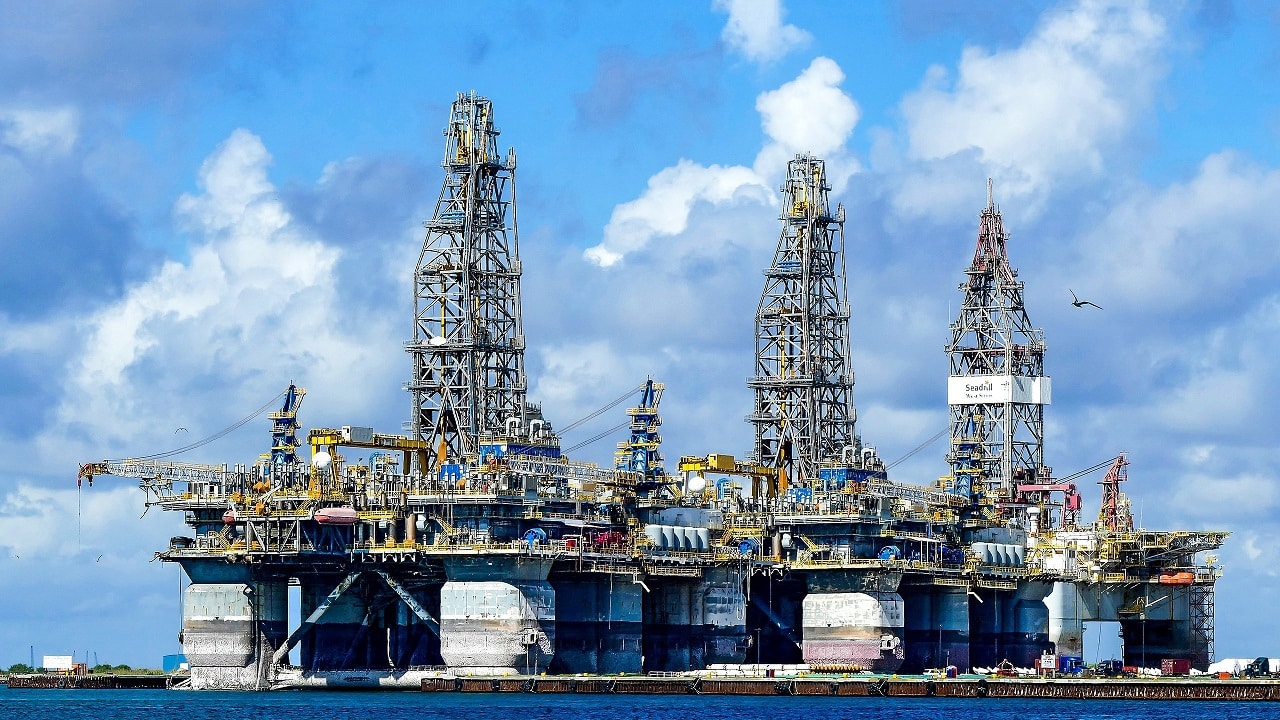Fossil fuels will continue to play a major role in every nation’s economy for decades to come. But that didn’t keep delegates to last fall’s United Nations climate change conference (COP26) from doubling down on their commitment to an unrealistic—and exorbitantly expensive—“green” energy agenda.
These policies, if implemented, will wreak collateral economic and social damage around the world. But few regions will suffer more than sub-Saharan. And few will bear greater responsibility for this than the Biden administration.
The Administration is leading the effort to adopt a COP26 declaration that forbids Western development assistance agencies from financing fossil fuel projects. The U.S. Agency for International Development (USAID) and other federal foreign assistance agencies such as the Millennium Challenge Corporation and the U.S. International Development Finance Corporation will no longer make money available for this type of power generation.
In reality, this is an act of economic imperialism. It forces lesser developed nations to forgo cheap, affordable energy in order to meet the developed world’s demand for quick transition from fossil fuels to renewables. It puts developing countries in sub-Saharan Africa at risk of remaining in a permanent state of poverty and long-term dependency on foreign-aid handouts.
At COP26, the United Kingdom delegation called on participants to “consign coal power to history.” To that end, the United States and the European Union have banned state financing of overseas coal projects through multinational development banks, and commercial lenders have followed suit. In addition, Western governments are poised to impose tariffs on imports based on the amount of carbon emitted in their production. This is a disastrous prospect for developing countries’ manufacturing sectors that lack the capital and technology to meet such stringent export criteria.
For South Africa, which obtains more than 80 percent of its electricity and nearly one-fifth of its liquid fuel from coal, the impact on its economic growth is massive. South Africa claims it needs over $26 billion to transform its power system from reliance on hydrocarbons, while the United States and Europe have committed just $8.5 billion to help the country make the transition.
Multiply that by the needs of other poor nations around the world and the financial costs are mind-boggling, with estimates ranging in the trillions of dollars. That level of donor funding is far beyond the means of Western nations.
Yet ignoring the damage it will do to Africa’s economic prospects, the Biden administration has openly threatened regulatory and financial action on Western companies investing in Africa’s oil and gas sector.
Africans decry the West’s prioritization of green energy over other global challenges, such as poverty and hunger. Nigeria’s Vice President claims the West’s banning of fossil-fuel investments “would crush Africa” and undo the progress Africa has made. He also noted that the ban would do very little to limit global carbon emissions.
Uganda’s President has decried the green energy obsession that will forestall Africa’s attempts to rise out of poverty. He notes that African agriculture will suffer if access to the natural gas used to create synthetic fertilizers is blocked.
An African civil-society leader denounced Western NGOs (which stand to receive billions in Western donor funding to execute “climate” programs) for lobbying against the use and production of fossil fuels in Africa, noting that seven percent of all children in sub-Saharan Africa before their fifth birthday due to extreme poverty.
There are also negative security consequences for the United States stemming from USAID’s misbegotten green policies. China, which did not support the COP26 declaration, has already built 30 percent of Africa’s power stations. Should the West choose not to support Africa’s development of its fossil fuels, China will, further consolidating Beijing’s strategic foothold on the continent.
Meanwhile, reality has reasserted itself in the West. Energy shortages and price surges in Europe and the United States have forced governments to scale back their climate ambitions at home. Yet, these same governments continue to coerce financial institutions into denying governments and private companies in poor countries funding for own oil and gas projects that would generate the revenues needed to help them adapt to climate change and finance basic social services in health, education, infrastructure, and nutrition.
When it comes to global objectives of decarbonization and alleviating world hunger, the West is favoring the former at the expense of the latter. Put another way, with the Biden administration leading the charge, the West is not just losing the global war on poverty, it is inflicting harm along the way.
James M. Roberts is a research fellow in The Heritage Foundation’s Allison Center for Foreign Policy Studies.

